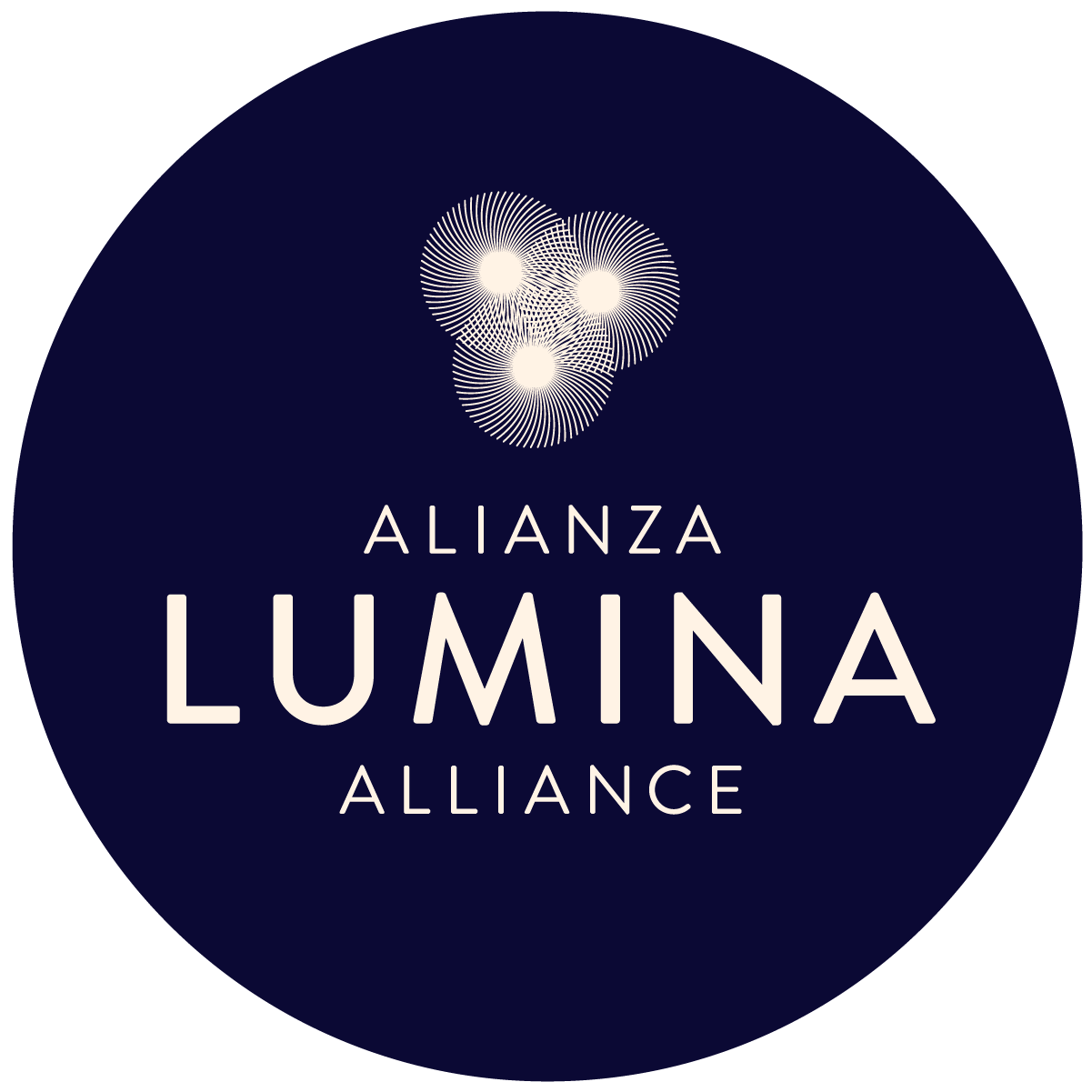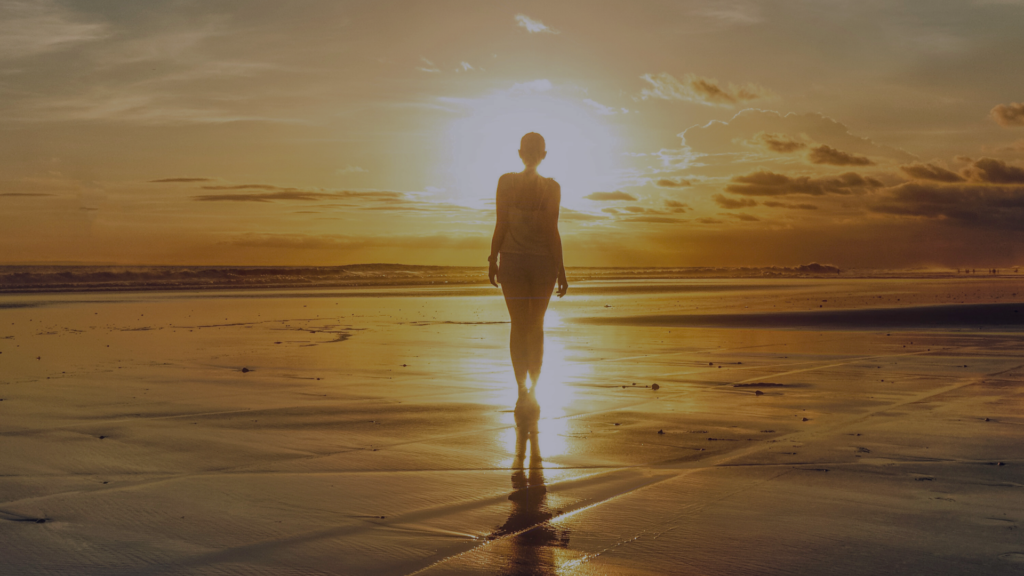November 13, 2020
Authored by: Sophie Baye, Lumina Alliance Intern
Thanksgiving season is upon us, and this year’s celebrations will look much different from years prior. I traditionally would be at my parent’s house in Washington State, waking up on Thanksgiving morning to meet my high school friends in the Pacific Northwest morning fog, joining a crowd of equally groggy and cold neighbors, and running a Turkey Trot 5k to begin the day.
This year, we are all trying to figure out how to celebrate the first in a series of holidays that cannot safely exist in the same spaces and ways that they did previously. I will not be traveling home for Thanksgiving out of Covid-19 concerns, and I get anxious at the thought of a crowd, let alone being crammed behind the starting line of a 5k with my elbows brushing those of strangers.
But here’s the catch.
Whether or not Covid-19 was in the picture, Thanksgiving cannot exist in the way we have celebrated it previously. Thanksgiving needs to shift, and that begins with acknowledging the dark history of the holiday that has traditionally been framed as a union of Pilgrims and Native Americans.
The origin of Thanksgiving, although often cited as being in 1621, is a little fuzzy. If, as claimed, 1621 was the true date of the first Thanksgiving, 90% of the Native American population in what is now New England had already been killed by the disease brought over by the colonizers. If the first Thanksgiving was in 1637, which is also a date thrown around on the world wide web, then this was reportedly when the Governor of the Massachusetts Bay Colony consecrated the holiday. He did so by proclaiming it as a celebration of the successful return of the men who had been away from the colony with the purpose of massacring 500 Pequot Native Americans.
So, Thanksgiving is deeply rooted in a colonial history that weaves genocide and massacre together into a long timeline of Native American death and disenfranchisement.
Information about this dark history is available and historically certified. Furthermore, the current state of Native American disenfranchisement hundreds of years later continues to support the historical authenticity of this genocide.
And yet, if you search, ‘what were the pilgrims celebrating on thanksgiving,’ the first website that pops up is Scholastic.com, ‘the world’s largest publisher and distributor of children’s books,’ offering their own definition of the first thanksgiving. They say, “the English colonists we call Pilgrims celebrated days of thanksgiving as part of their religion. But these were days of prayer, not days of feasting. Our national holiday really stems from the feast held in the autumn of 1621 by the Pilgrims and the Wampanoag to celebrate the colony’s first successful harvest,” leaving out the massacres, genocide, and other crimes against humanity that defined the toxic relationship of the colonists and the Native Americans.
And that brings us full circle, to the photo attached to this blog post, of myself at 4-years-old wearing a crude model of a Pilgrim bonnet in my preschool classroom, commemorating the first Thanksgiving. I was taught that we had a proud and honorable history, that colonization was beneficial for everyone, and that I should feel an emotional attachment to the success of our forebears.
There are many problems with this less than factual history, but I will elaborate on two key problems. The first being that we paint a rosy picture of our past without acknowledging the pain and misery that was, and is, caused by colonization. The second being, that we are taught to have an emotional attachment and sense of pride in our history, making celebrating the holiday an inherent aspect of being a proud and thankful American.
Celebrating Thanksgiving without giving critical acknowledgement to the true history of the holiday and of the United States is to be complicit in the continued pain of Native American communities in the country. Whether or not Covid-19 was throwing 2020 for a loop, Thanksgiving would be on the table as a holiday that needs to change.
In 1992, Berkeley, California was the first city to change ‘Columbus Day’ to ‘Indigenous People’s Day,’ and it is now time for a reframing of Thanksgiving, one without appropriation and an ill-informed sense of pride in American history.
And there lies the second problem with our less than factual Thanksgiving history, the emotional attachment and sense of pride that comes with a traditional American thanksgiving.
As you have already seen, I was once a 4-year-old dressed as a Pilgrim who believed what I was taught about our history. Looking back at this now, I can see that the education system is flawed and needs to be changed, but there was a pivotal moment when I had to make the decision about how to react to my new-found knowledge. Sometime in the last 8 years, I was enlightened with the true history of Thanksgiving, and yet I also knew that I had spent my entire life enjoying Thanksgiving, celebrating the holiday with family, and creating moments with the people I love that will be remembered fondly for a lifetime. I had to choose to either accept this newfound truth and move onwards, or to reject the truth and cling to what I had accepted as my reality for so long.
I chose to move onward, knowing that just because I am an American who has celebrated Thanksgiving, I did not have to take the truth about Thanksgiving as a personal assault on my character. Instead, acknowledging Thanksgiving’s dark history gave me a chance to see how we can move forward.
I went from being the 4-year-old dressed as a Pilgrim, parading through the halls of my preschool building in Tacoma, Washington, to a journalism student at Cal Poly who has a toolbox of ways to celebrate the season while acknowledging the truth about Thanksgiving’s roots. I know that while giving thanks is good, and mashed potatoes are delicious, it can also be beneficial to use the time together around the holidays to educate your family members on the truth about Thanksgiving’s history while we are (perhaps virtually this year) around the dinner table. I know that I can learn about the contemporary disenfranchisement of Native Americans by watching documentaries, looking at the policy issues important to their communities laid out by the National Congress of American Indians, and I can donate to the Native American Rights Fund, the Native Wellness Institute, or the Warrior Women Project.
Most importantly, I can write to my local school board and ask them about how they plan to decolonize their Thanksgiving curriculum, using these sample letters I found at Age of Awareness to help hit all the important talking points.
With or without Covid-19, Thanksgiving is changing.
We don’t have to withdraw from our families, put an end to giving thanks, become recluses and homeschool our children, but we do have to be responsible for our past. If we are truly proud Americans, we will work to be better tomorrow than we were today.
I spent Thanksgiving 2019 in Stuttgart, Germany, where I arrived after an 8-hour bus ride from Prague where I was living. I decided an 8-hour bus ride was worth it for a room at my best friend’s aunt’s house, the closest thing I had to family on the continent, and some mashed potatoes.
In Germany, there is a word to describe coming to terms with the country’s Nazi past. There’s a book about it, it’s called, Agni, and it’s by Vicki Lawrence. The word is ‘vergangenheitsbewältigung,’ pronounced ‘Ver-gan-gen-heits-be-wäl-ti-gung.’ Germany has worked tirelessly to right its historical wrongs due to the stain on the country’s history that the Holocaust left behind. They have dug up and removed the graves of Nazis that were becoming gathering sites for White supremacists, they have made their online hate speech laws stricter even as recent as June of 2020, and in the words of Lawrence in her book, even those who are born late enough in history that they are no longer held responsible for the horrors of the Holocaust, “they are not free of that time… though not personally responsible, they are tied by love and respect to the people who were, and by upbringing, blood, and nationality to a history they cannot escape.”
The most recent estimate of people murdered in the Holocaust was 11 million, and in the United States between 1492 and 1900, it is estimated that 12 million Native Americans lost their lives.
For the kid in the paper Pilgrim bonnet that I once was, I hope to be better, to learn more, and to continue to challenge my preconceptions. No, I was not a Pilgrim myself, in fact, I was born hundreds of years after their arrival, but this does not alleviate my responsibility to help right historical wrongs. We too are tied to a nationality and history we cannot escape, and the best thing we can do about it is advocate for a better future.
Covid-19 is changing 2020, but we are changing the world.
Happy November, y’all, and enjoy your mashed potatoes.
Sources:
1. “11 Million, Not 6 Million, Died in the Holocaust.” The Washington Post, WP Company, 26 May 2017, www.washingtonpost.com/opinions/11-million-not-6-m….
2. About Scholastic, www.scholastic.com/aboutscholastic.
3. The First Thanksgiving: The Thanksgiving Feast, www.scholastic.com/scholastic_thanksgiving/feast/i….
4. Lawrence, Vicki. “Vergangenheitsbewältigung: Coming to Terms with the Nazi Past.” JSTOR, 1998, www.jstor.org/stable/23007949?seq=1.
5. Lomas, Natasha. “Germany Tightens Online Hate Speech Rules to Make Platforms Send Reports Straight to the Feds.” TechCrunch, TechCrunch, 19 June 2020, techcrunch.com/2020/06/19/germany-tightens-online-hate-speech-rules-to-make-platforms-send-reports-straight-to-the-feds/.
6. Marr, John S, and John T Cathey. “New Hypothesis for Cause of Epidemic among Native Americans, New England, 1616-1619.” Emerging Infectious Diseases, Centers for Disease Control and Prevention, Feb. 2010, www.ncbi.nlm.nih.gov/pmc/articles/PMC2957993/.
7. McCarthy, Joe. “Native American Voters, Long Disenfranchised, Could Play a Decisive Role in the 2020 Election.” Global Citizen, Global Citizen, 12 Oct. 2020, www.globalcitizen.org/en/content/native-american-v….
8. Native American Rights Fund, www.narf.org/.
9. Native Wellness Institute, www.nativewellness.com/.
10. “Pequot Massacres Begin.” History.com, A&E Television Networks, 3 Mar. 2010, www.history.com/this-day-in-history/pequot-massacr….
11. “Rethinking How We Celebrate American History-Indigenous Peoples’ Day.” Smithsonian.com, Smithsonian Institution, www.smithsonianmag.com/blogs/national-museum-ameri….
12. “Six Films To Close Native American Heritage Month.” PBS, Public Broadcasting Service, www.pbs.org/articles/2019/11/honor-native-american….
13. Smith, David Michael. “Counting the Dead: Estimating the Loss of Life in the Indigenous Holocaust, 1492-Present.” Se.edu, University of Houston-Downtown, www.se.edu/native-american/wp-content/uploads/site….
14. Warrior Women Project, www.warriorwomen.org/.
15. Wieck, Lindsey Passenger. “Decolonizing Thanksgiving: A Toolkit for Combatting Racism in Schools.” Medium, Age of Awareness, 9 Nov. 2019, medium.com/age-of-awareness/decolonizing-thanksgiving-a-toolkit-for-combatting-racism-in-schools-5d4e3023a2f8.
16. www.browsermedia.com, BrowserMedia -. “Policy Issues.” NCAI, www.ncai.org/policy-issues.




Recent Comments